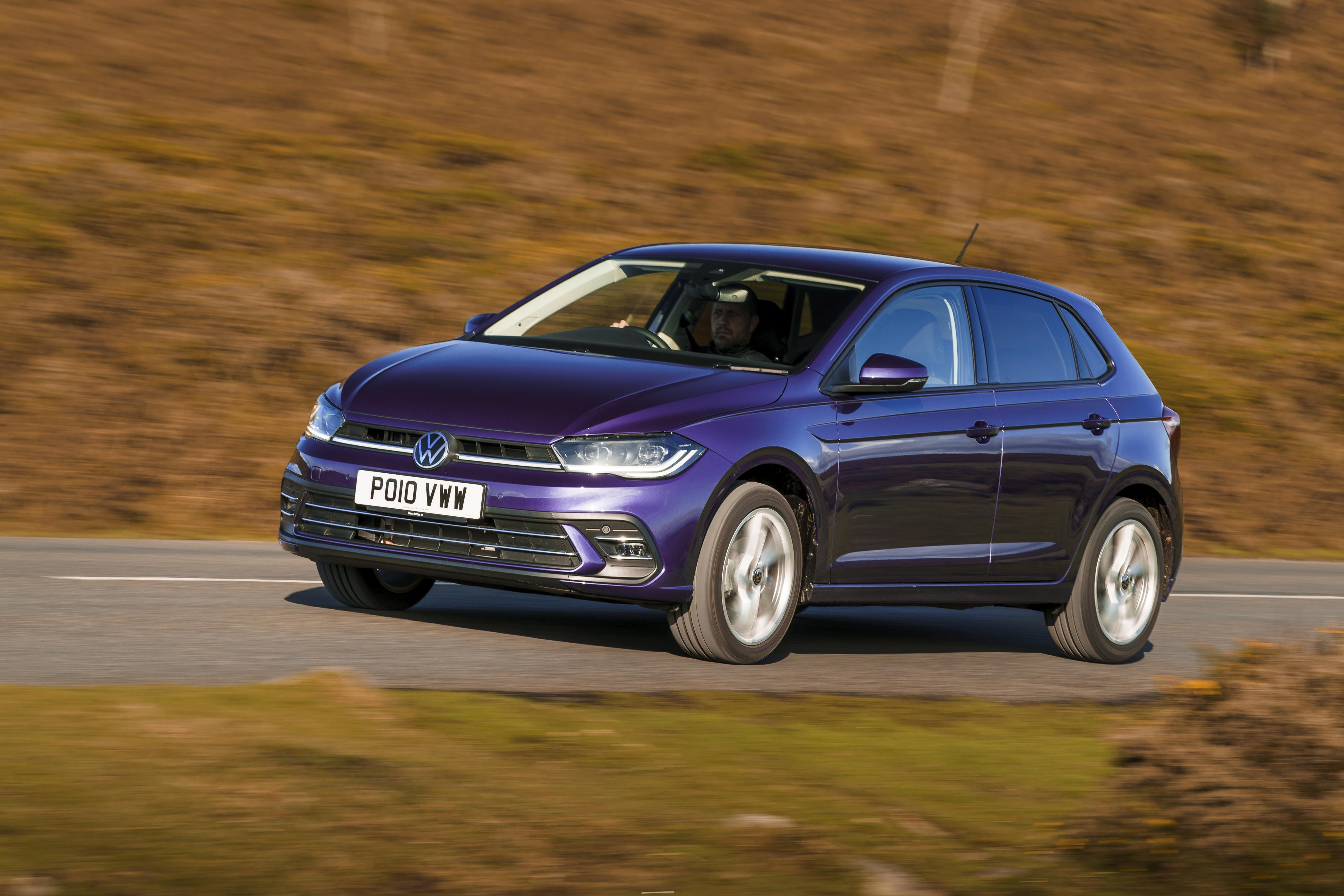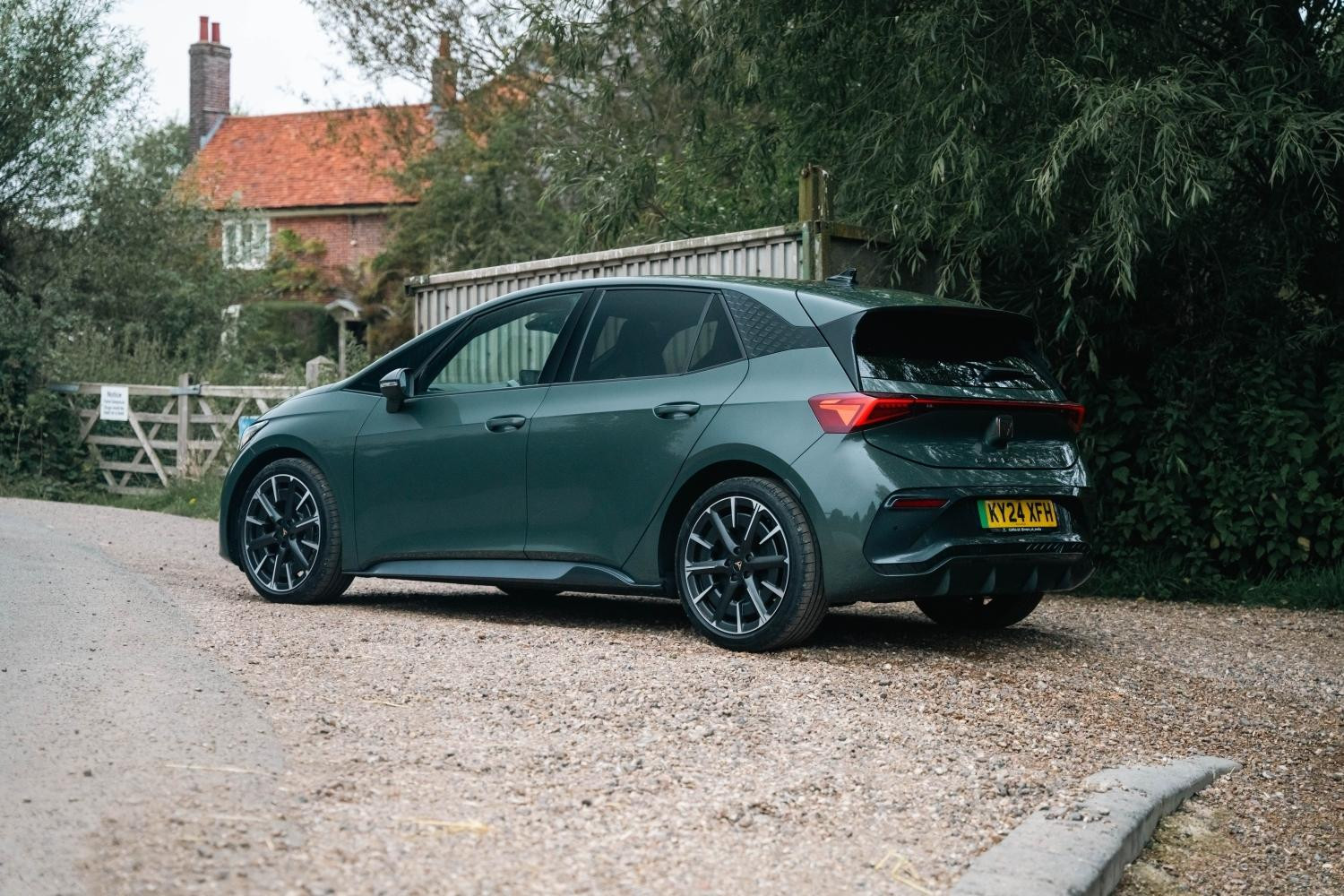
Mon - Fri: 9am - 5:30pm
🎉 New Deal Alert! 🎉 - View Our Hottest BYD Seal Deals
If you’re in the market for a new car, then there’s a good chance that you’ll have already encountered the idea of finance. Essentially, it allows you to get behind the wheel of a new vehicle and spread the cost over monthly payments. However, there are different types of finance - offering different packages - to ensure that there’s something for everyone.
But if you’re new on the journey towards a new car and aren’t sure about which finance setup is right for you, then we’ve got all of the key information to take on board to make sure you pick the correct package.
Leasing
Leasing provides an incredibly flexible way of driving a new car. As with other forms of finance that we discuss here, you’ll pay an initial deposit before driving away in your new vehicle. During the course of the agreement, you’ll never own the vehicle - it’ll remain the property of the retailer or finance provider - and at the end of the term, you’ll simply return it and either start a new agreement with a fresh vehicle or walk away entirely.
Unlike other agreements, there’s no option to purchase the vehicle at the end of a leasing agreement. Instead, you can browse through the list of new vehicles available and choose one of those instead.
Personal Contract Purchase (PCP)

Personal Contract Purchase - more often referred to as PCP - is a very popular form of finance in the UK and is a great way to get driving a brand new car. You’ll pay an initial deposit and then make monthly payments. These instalments often only cover the depreciation of the vehicle - rather than its value - and during the entire contract, it’ll be owned by the finance provider or retailer.
At the end of the agreement, you can choose to make a ‘balloon payment’ which will cover the remaining balance of the car, or you can exchange the vehicle for a new one and start a new agreement. You’re also free to return the car and walk away if you’ve found that this option isn’t for you. PCP is a great option for drivers who like the flexibility of lower monthly payments and the ability to drive a new car every few years.
Hire Purchase (HP)
Hire Purchase - or HP - is one of the simplest forms of car finance. You’ll make an initial deposit for the vehicle and then pay monthly instalments. During the course of the agreement the vehicle will be owned by the HP provider, but once your payments are up you own the vehicle outright - so you’re free to keep using it payment-free or even sell it, should you wish.
Since you’re paying off the cost of the vehicle, you might find that monthly payments via HP are higher than other agreements - though this is offset because you take ownership of the car at the end.
Personal Loan

Another option is a personal loan. In this instance, you’ll approach a lender and take out a loan for the full amount of a vehicle. You then use this amount to pay for the vehicle and make monthly instalments to your lender until the balance is paid off.
The benefit of this is that you’ll own the vehicle right away and you’re free to pick whatever model you like. Plus, if you want to finish the loan early, then you’re able to sell the car and use the amount to clear the remaining balance should you want to. However, you’ll find that the monthly payments will likely be higher than those you’ll find with a PCP agreement, for example. Remember, however, that with a personal loan, you won’t need to find an initial deposit, unlike other finance options discussed here.
Frequently asked questions
What is a mileage limit?
A mileage limit is exactly that - a limit on how far you’re allowed to drive a vehicle during an agreement. You’ll need to think carefully about how far you’re planning to drive a vehicle during your time with it and you’ll be able to change the mileage limit at the start of a contract.
However, go over the mileage limit and you’ll have to pay excess charges for each additional mile covered. Remember, this isn’t the case with the personal loan or hire purchase setups where you’re able to drive as far as you like while you pay the vehicle off.
Can I take out car finance without proof of income?
This depends. Nearly all lenders will require some form of income, as well as proof of credit score and confirmation of address - on something like a utility bill - in order to set up a finance agreement.
However, in some cases, such as if your credit score is extremely high or if you’ve got another way of showing that you’ll be able to make the monthly payments, then lenders may be able to start a finance agreement without full proof of income - though it is rare.
Does a low credit score mean I can’t get car finance?
Not always. Car finance will be determined on an individual basis, so if you’ve got a low credit score then you shouldn’t discount a finance agreement right away. However, lenders will need concrete proof that you’re able to keep up with payments and you may be required to pay a larger deposit alongside increased monthly instalments.
Most finance companies can do a credit check without affecting your score, too, so there’s little downside to putting in a request.